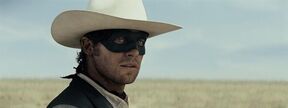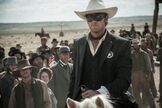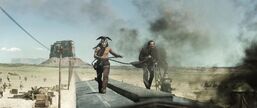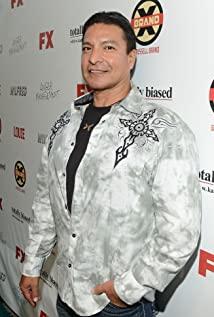Not to mention the adherence to the principles and beliefs shown in the film, but to comment on the inevitable cultural conflicts in historical development:
it should be said that this is a film that reviews the brutality and tyranny of the primitive accumulation period of capitalism from the perspective of modern white people. greed to seize.
However, it is this driving force like the western development that makes the western society develop into what it is today. The establishment of a modern civilized society is helpless in the tragic history of killing, plundering and enslaving other so-called inferior nations. superior.
Those indigenous inhabitants of the Indian tribes, knowing the disparity in power between the two sides, still have to fight to the death for honor and for their homeland.
At that time, the white world represented a more advanced culture, and they had the tools to conquer nature and other races, but from the point of view of modern people, is this development really a kind of social progress?
The film repeatedly involves Indian culture and traditions, bartering and fearing creatures.
The development of human history has been divided into various stages. Now a nation that has become prosperous and civilized has the courage to look back on its disgraceful history, and is also beginning to explore the relationship between human beings and nature, whether they used to blindly grab nature from nature, dry up the pond and fish, or more. How much does it conform to nature? Humans are not the creators of the world, they are just a wave in the long history of billions.
Some people say that Genghis Khan in those days, blood flowed like rivers wherever he went, invaded land and robbed property, and levied violent levies all over East Asia and even Europe. There is no shortage of tyrants in any era. More than a thousand years have passed, and our people can view that period of history rationally and soberly.
With a height of compassion, the film not only criticizes the permanent trauma caused by cultural invasion to the original indigenous peoples, but also shows the contribution of the 19th century Chinese to the development of the American West, which was rarely mentioned before, and the injustice they also suffered. .
Although it is a film filled with many lighthearted and humorous jokes, the cultural reflection and redemption it shows have raised the film to a higher level. At the end, the back of the Indian old man walking silently in the wasteland seems to apologize to all the suffering nations, which seems to be a feature consistently shown in Nisney's films.
View more about The Lone Ranger reviews











